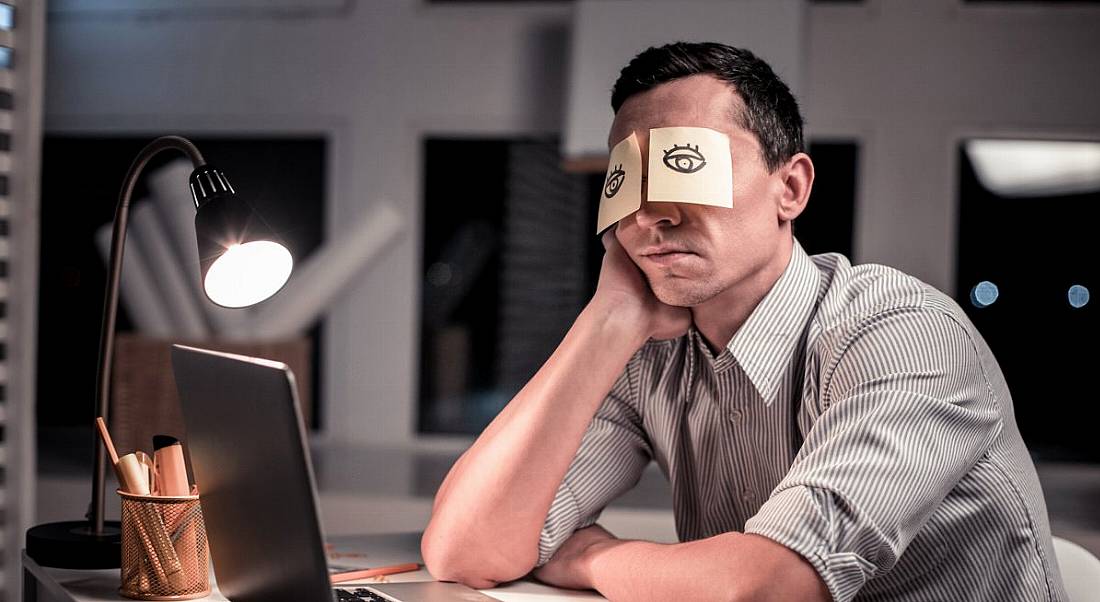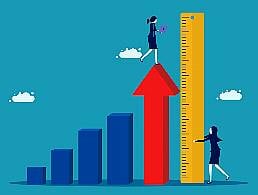Are you experiencing Zoom fatigue? It may be linked to mental exhaustion and can take a heavy toll on work-life balance.
When Covid-19 restrictions were first implemented and physical distancing rules were put in place, it felt like there was no better way to work and socialise than over a Zoom call.
In fact, with an unknown amount of time ahead of us during which we wouldn’t be able to see our families, friends and colleagues in person, it seemed as though some people were taking to video-conferencing platforms more than they might actually interact with others under usual circumstances.
As someone who is an introvert through-and-through, I quickly realised that signing myself up for weekends filled with video calls, catch-ups and quizzes wasn’t a brilliant idea. I began to feel the same as I would have if I had been meeting all of these people outside of the virtual realm – exhausted, burnt out, anxious and depressed.
And to add insult to injury, there were a whole host of new challenges to contend with online. An ill-timed connectivity issue could mean you missed out on the crux of a conversation or even remove you from the chat completely. The inherent stress of having to speak to the group at-large rather than being able to break out into small groups made it all the more difficult to contribute.
Of course, we are incredibly lucky to live in an age where this kind of technology exists to help us through unprecedented times. And people with access to such tools as Zoom are benefitting from a high degree of privilege. But that doesn’t mean you can’t recognise the less positive aspects of this new way of communicating.
‘Mental exhaustion’
You might have seen comments on how we shouldn’t be treating our current experiences of working from home as akin to remote working under normal circumstances outside of a pandemic. They are entirely different. The way I see it, it’s crucial that we view video conferencing the same way.
We shouldn’t feel obligated to partake in video chats simply because we’re afforded the chance to socialise from the comfort of our own homes. We are all going through something difficult right now and putting added pressure on yourself is a bad idea.
This is true for our jobs, too. It’s not conducive to a good work-life balance if your day is filled with video calls. Peter Ingle of video content management system Panopto, said it’s all too easy to come up against burnout if we allow that to happen.
‘Zoom fatigue’, he told me, is a condition that can occur because of “overuse of any video-conferencing platform”. It refers to “mental exhaustion related to being on too many video calls”, often because virtual meetings can demand higher levels of focus and concentration than face-to-face ones.
“The fact that video meetings are often scheduled back-to-back means there are no built-in breaks between meetings during a busy day,” Ingle explained. “It is easy to finish a work-from-home day having spent seven hours or more on video calls and meetings, which would be unlikely if you were working from the office.”
So, how can we pave the way for a healthier relationship with video conferencing? Ingle’s advice includes adding breaks into our calendars so colleagues can’t schedule back-to-back meetings.
“Move away from your desk when taking breaks,” he said. “Print a document you are reviewing and take it to another room. Make sure colleagues know that you are not guaranteed to be on a video call if enough advance notice wasn’t given.
“Sometimes it can be helpful to turn off video and treat the communication as an old-fashioned telephone call. Keep the meeting shorter by agreeing to the agenda and meeting objectives in advance.
“Check any regularly scheduled meetings to determine if they have been scheduled for the correct length of time – maybe they should be shortened. Share a pre-recorded video instead of a meeting or prior to a meeting to potentially shorten the meeting length.”
Our brains are missing visual breaks
In a recent article, the Harvard Business Review said that video calls are so tiring because “they force us to focus more intently on conversations in order absorb information”.
“The problem isn’t helped by the fact that video calls make it easier than ever to lose focus,” it said. “We’ve all done it: decided that, why yes, we absolutely can listen intently, check our email, text a friend and post a smiley face on Slack within the same thirty seconds. Except, of course, we don’t end up doing much listening at all when we’re distracted.”
Zoom fatigue, it continued, is linked to how we process information over video. Having to maintain a constant gaze with the speaker, for example, can make us “uncomfortable and tired”.
“On a video call, because we are all sitting in different homes, if we turn to look out the window, we worry it might seem like we’re not paying attention,” the article said. “Not to mention, most of us are also staring at a small window of ourselves, making us hyper-aware of every wrinkle, expression and how it might be interpreted.
“Without the visual breaks we need to refocus, our brains grow fatigued.”
Blurring the lines
It’s something that has affected people across all sectors in recent months. Jodi Eichler-Levine, a professor at Lehigh University in Pennsylvania, recently told National Geographic that while she always finds lecturing exhausting, nothing had made her “conk out” quite like teaching a class over Zoom.
Forbes made a great point saying that Zoom has added even further to the blurring of our work-life balance. Carrying out our jobs in our homes makes this hard to avoid, but using Zoom for both work and social purposes only makes it more challenging.
Zoom and other video-conferencing tools have been serving us well over the past few months and we are lucky to have them. They’ve helped many of us stay connected during a time of deep personal isolation, whether you’re surrounded by housemates or living alone.
But I recommend listening to what you actually want to do when it comes to socialising from a distance and, if possible, talking to your boss about how you’d prefer to communicate. This is undeniably a very strange time for us all, but something that hasn’t changed is the importance of your own wellbeing.




